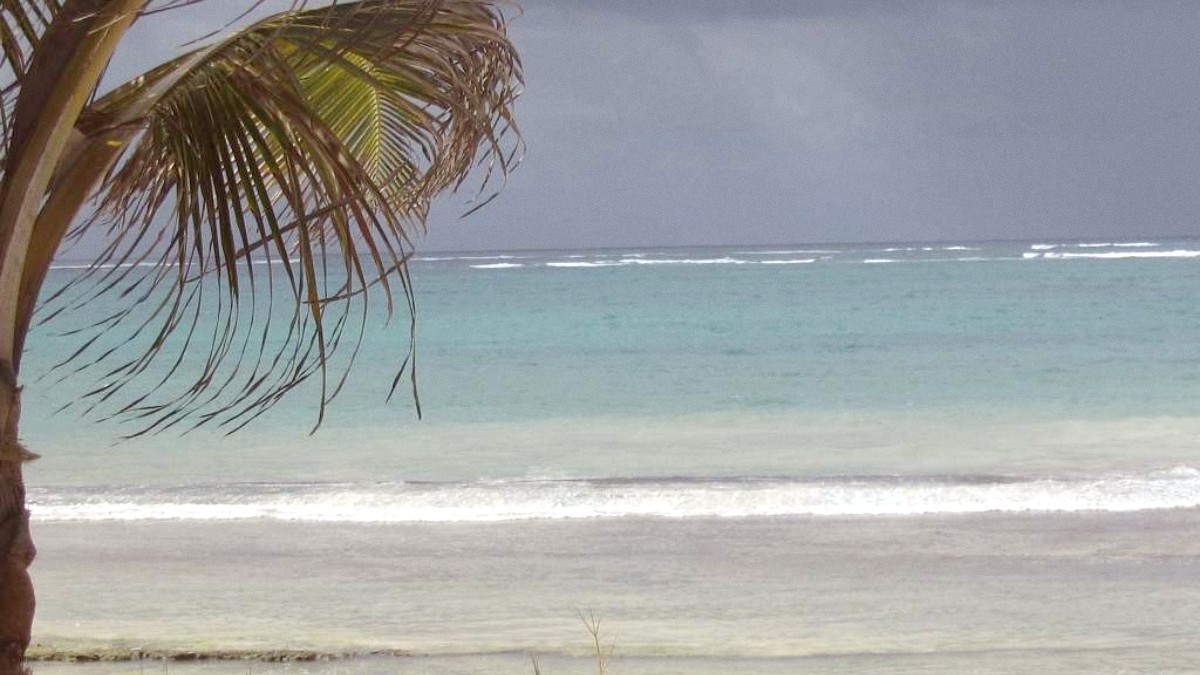
Kenya
Kisite Mpunguti Marine National Park a protected marine area, for its coral reefs and diverse marine life. Strict rules apply.
Shimba Hills National Reserve protects coastal rainforest and unique wildlife, including the rare sable antelope.
Colobus Conservation works to preserve colobus monkeys through rescue, rehabilitation, and community education.
Your travel choices can help preserve Diani's natural beauty.
Waste management presents a challenge. Help by avoiding single-use plastics.
Kenya water scarcity in some regions. Be mindful of your water usage.
Consider offsetting your flight emissions through reputable carbon offset programs.
Seek hotels with eco-certifications, like EcoTourism Kenya.
Choose environmentally friendly options for your stay. Offset your carbon footprint through services like Terrapass. Pick tours that minimize environmental impact.
Support initiatives that work to preserve local heritage, traditional skills, and cultural practices.
Always ask for permission before taking photos of people.
Dress modestly when visiting religious sites. Remove shoes before entering mosques.
Avoid discussing politics or religion unless a local person initiates.
Support responsible consumption during your travels.
Invest in durable gear from responsible brands.
Carry your own reusable bags, bottles, and containers.
Purchase souvenirs directly from local artisans.
Politeness and patience are valued. Simple Swahili phrases are a welcome gesture. Avoid sensitive discussions unless initiated by locals.
Your travel choices directly impact the local economy and communities.
Seek tours directly run by local communities.
Buy souvenirs directly from local artisans or fair trade shops.
Eat at local restaurants, use local transport (tuk-tuks).
Be aware of exploitation and harmful practices.
Make choices that positively impact the community and environment.
Pack consciously with eco-friendly outdoor equipment.
Reduce your footprint with reusable items for travel.
Choose tours with ethical principles and community returns.
Direct giving to individuals on the street can foster dependency. Instead, consider donating through established, reputable local charities or community organizations for maximum impact.
Support businesses committed to sustainability, like those sourcing locally or practicing fair wages. Consider tour operators such as G Adventures for ethical travel. Explore eco-conscious product options at Package Free Shop.